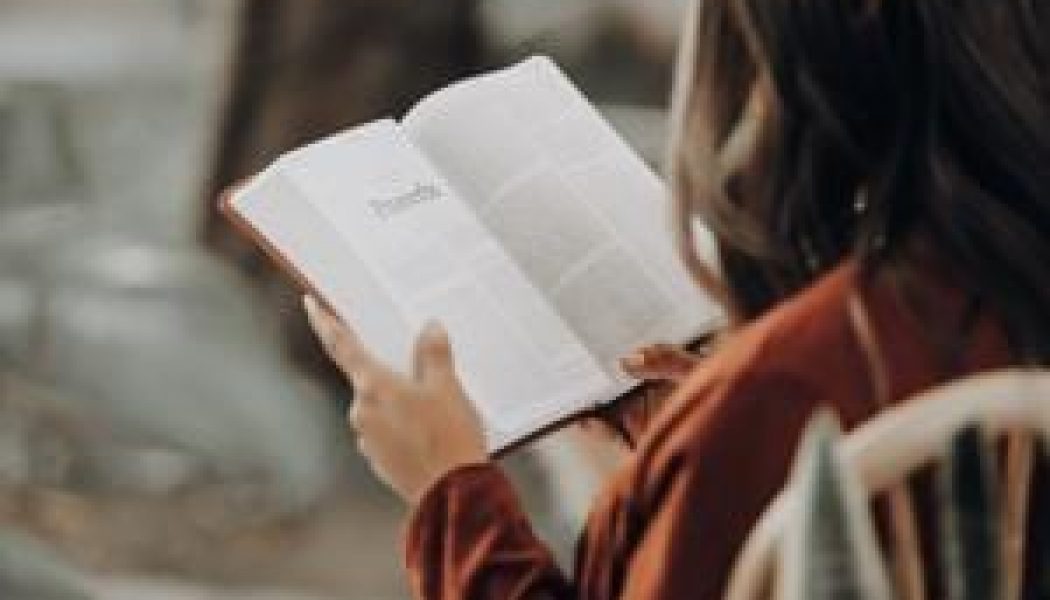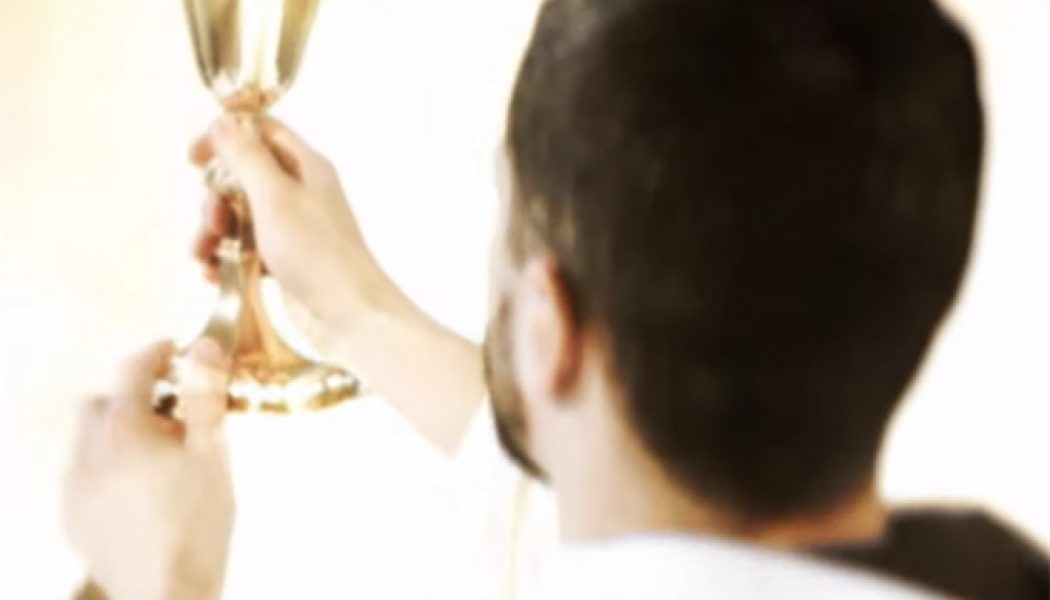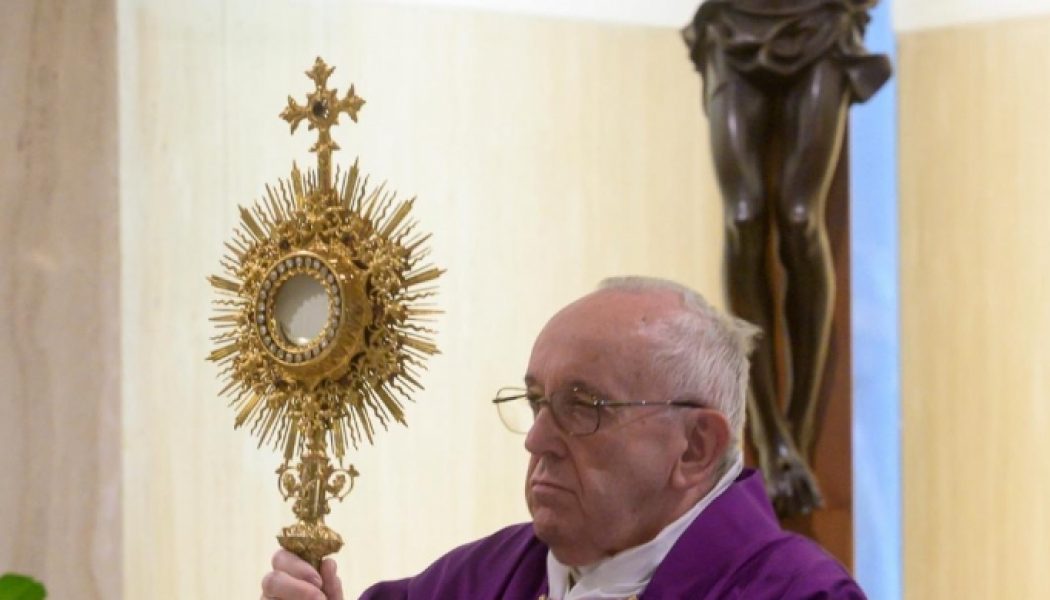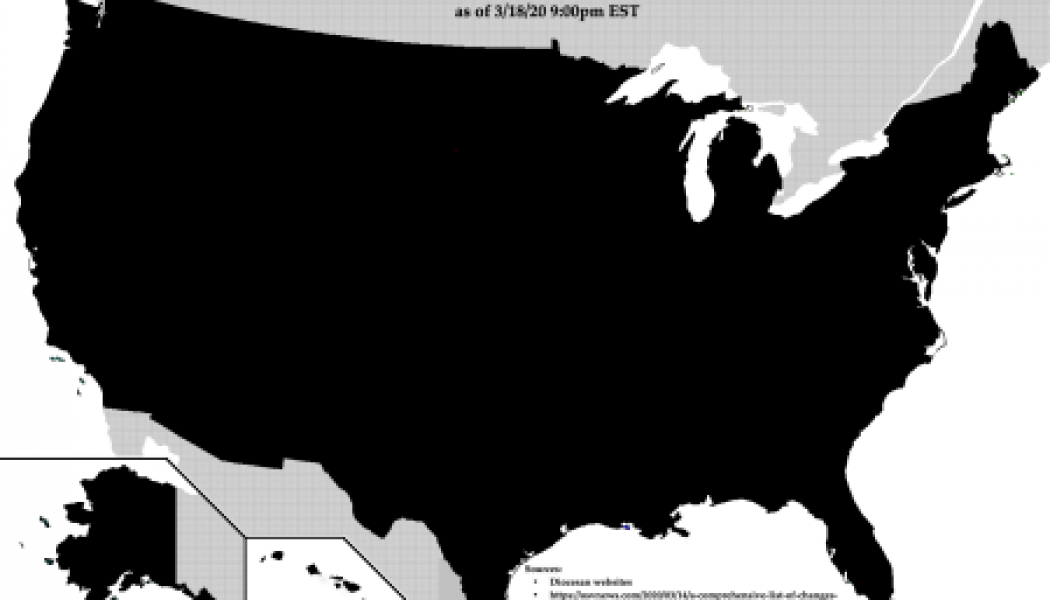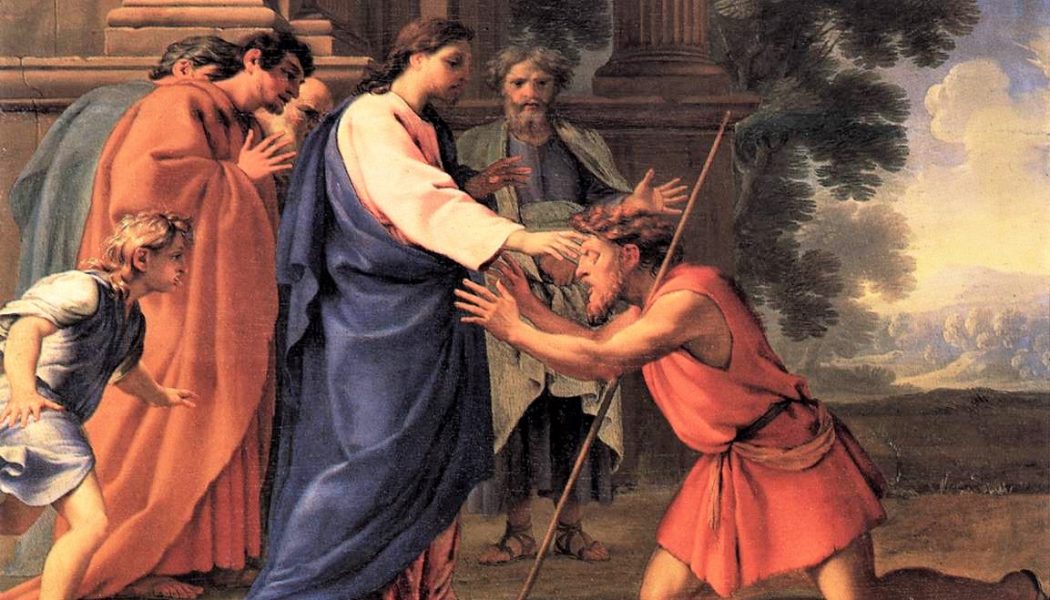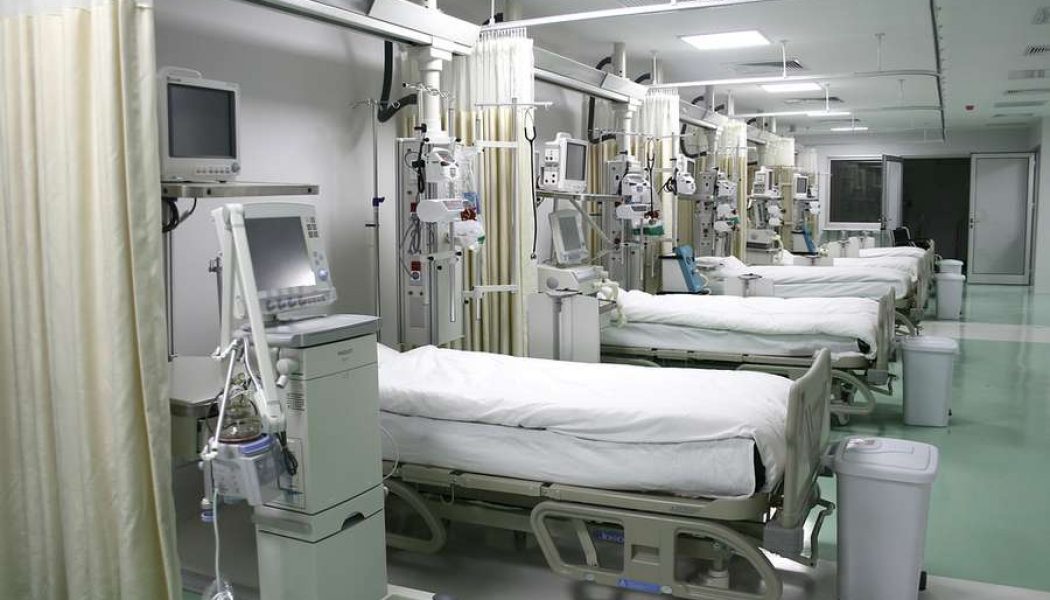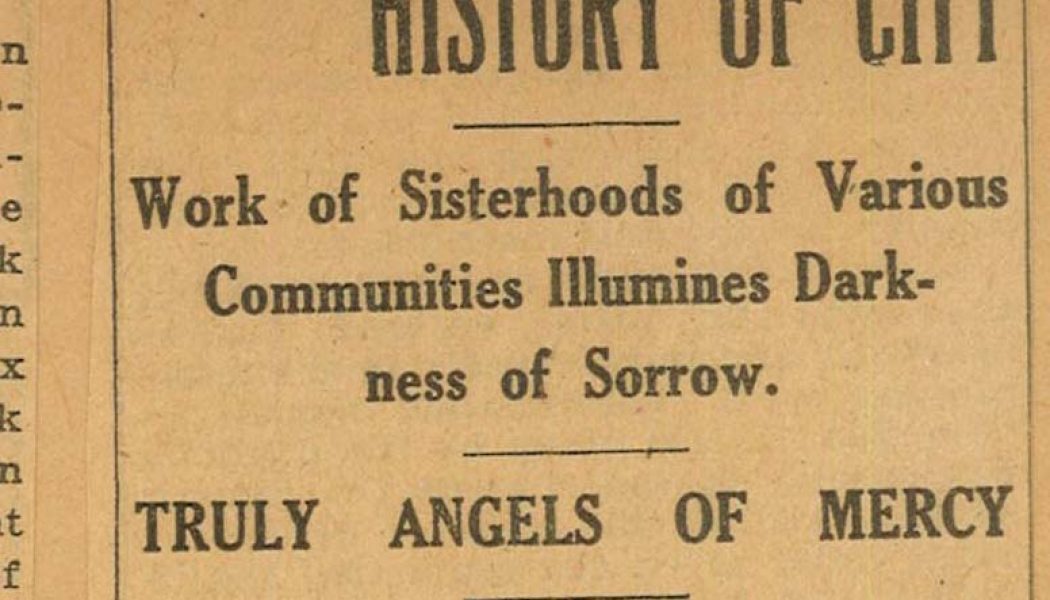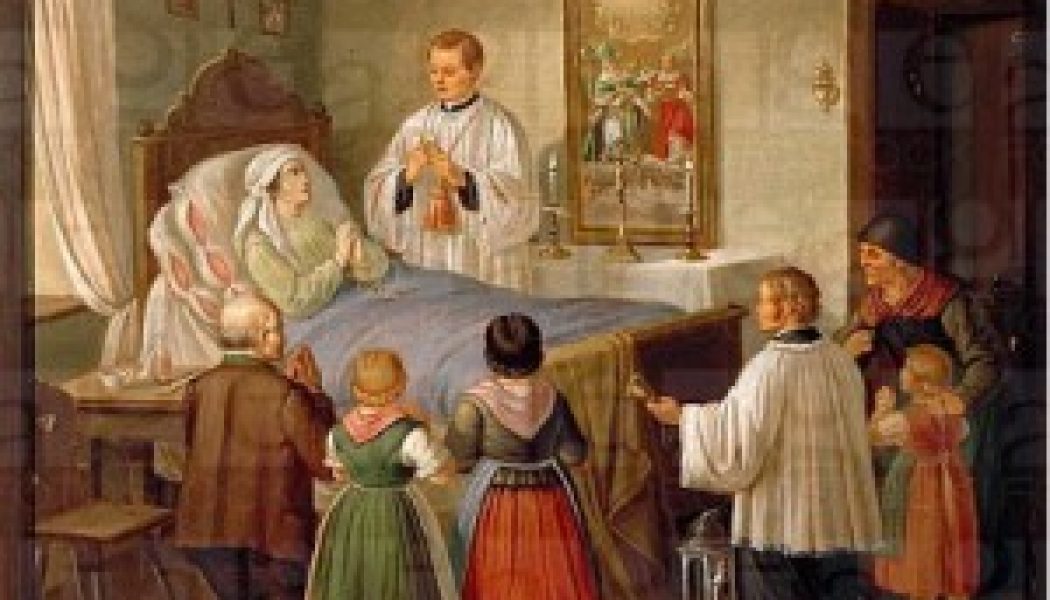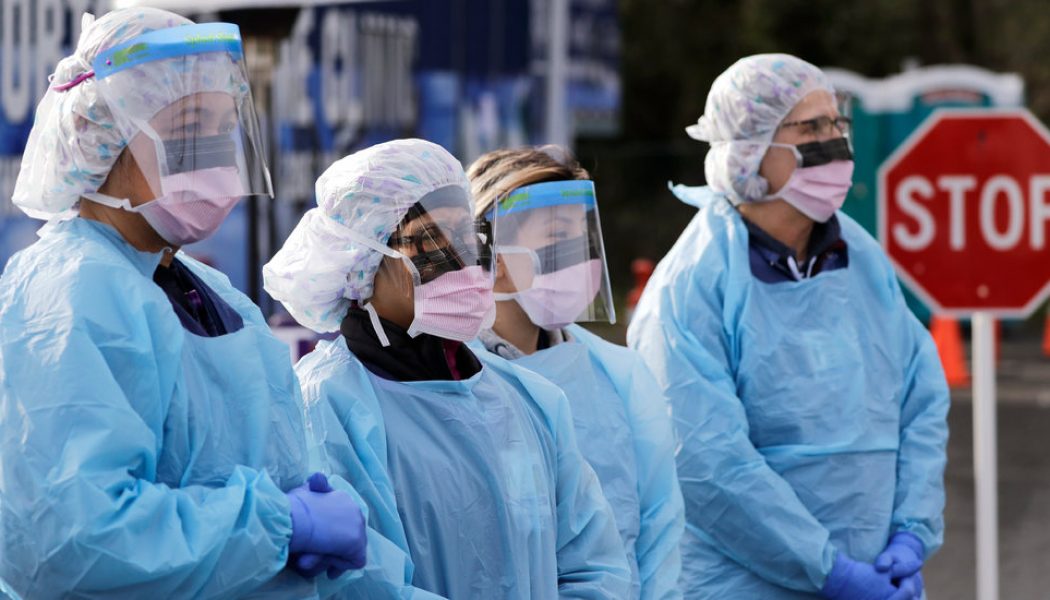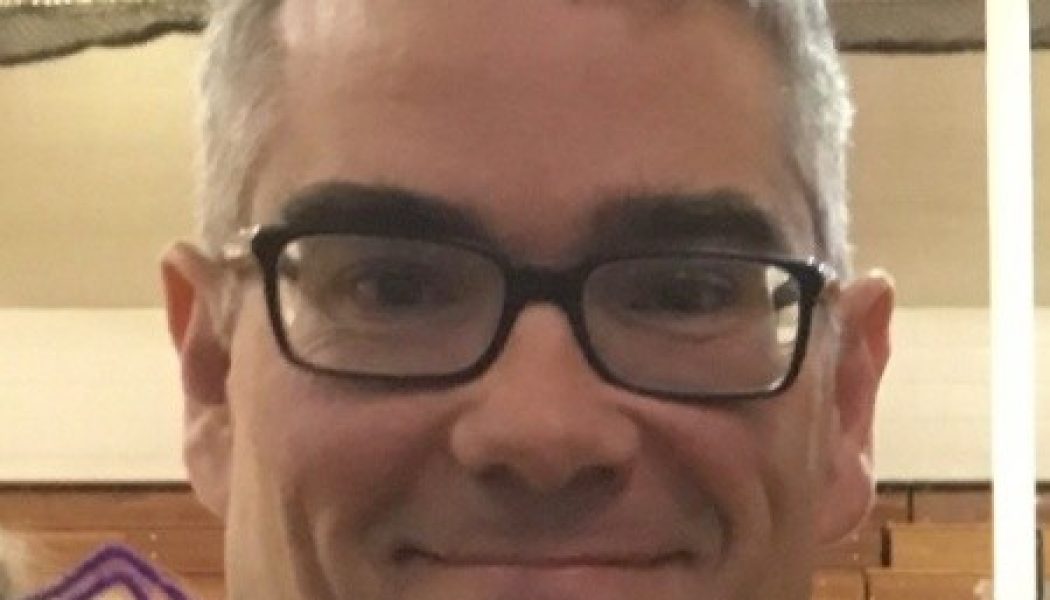Discover
Celebrations of the Liturgy of the Word in your family…
Reading the Bible (CC0 Joel Muniz on Unsplash) With the inability to go to Sunday Mass for many families, many parishes are offering live streaming of Mass. I think this a good option for many. However, for some families doing the liturgy of the Word together may be a better option. As I could not find a clear document online for this, I threw one together based on the Celebrations of the Word and Communion without a priest. I think for most printing out THIS PDF would be ideal but I paste it all below as well. This was prepared for times when families gather at home to pray a paraliturgy when attending Mass is impossible. Preparation Before you lead the celebration, you should prepare the following: Set the Lectionary for the readings of the day. See: usccb.org/bible/readings/ Get the rig...
Digital Masses and Johnny Cash on the pain of lonely Sundays…
Note: This is the opening of the forthcoming issue of Sword & Spade. It is being published here exclusively because of its ties to an upcoming Sunday that is potentially without Mass. As this issue nears printing the coronavirus is forcing many into “social isolation” to slow the pandemic. Whatever your opinion of such measures, there is the real possibility that many feasts days will go by without true feasting, without people gathered to celebrate. Easter is approaching, the feast of feasts, but we also have various saints, including St. Patrick and St. Joseph in the third week of Lent, with the Annunciation coming March 25th. There is a real chance that heaven will be rejoicing as catechumens enter the Church at the Easter Vigil, yet the church will be empty ...
Watch: From EWTN, the Mass for the Fourth Sunday of Lent…
During this time, especially during the Lenten season, we wanted to remind you that EWTN broadcasts the daily Mass live at 8 a.m. Eastern from Our Lady of the Angels Chapel on the EWTN campus in Irondale, Alabama. You can watch live on TV or online via streaming at ewtn.com/tv/watch-live. You can also listen to the Mass live on the radio, SIRIUS/XM, or listen online at ewtn.com/radio/listen-live. If you missed the live stream, you can get today’s daily readings and homily at this link. Click here to find EWTN on your local cable/satellite provider or click here to find our radio schedule.
“Humanity trembles”: Pope Francis asks all Christians to pray Our Father on March 25 at noon; announces special Urbi et Orbi this Friday…
Pope Francis invites the faithful into Eucharistic Adoration after Mass, March 17, 2020. (Daniel Ibañez/EWTN.) The Vatican’s Apostolic Penitentiary has granted a plenary indulgence for people who pray for an end to the pandemic, healing for the sick, and the eternal repose of the dead. Courtney Mares/CNA. VATICAN CITY — Pope Francis has asked Christians around the world to unite in praying the Our Father prayer at noon on March 25 in response to the coronavirus pandemic. “In these days of trial, while humanity trembles at the threat of the pandemic, I would like to propose to all Christians to unite their voices to heaven,” Pope Francis said March 22. “I invite … the leaders of all Christian communities, together with all Christians of various confessions, to invoke the Mos...
This is His Body, given up to save many…
Laetare Sunday — 4th Sunday of Lent—Year A This past Wednesday evening, I saw this image online with the caption: “Darkness has fallen: every single U.S. diocese has suspended public celebrations of the Mass.” Our Laetare Sunday rejoicing is more subdued this Lent. The sad but necessary suspension of public Masses by our nation’s bishops is a painful loss. And for many of the faithful, the greater their love for the Lord the greater the pain they feel. They are like the woman at Simon the Pharisee’s house who could bathe Jesus’ feet with dripping tears ‘because she loved much.’ (Luke 7:47) However, darkness has not overcome us. “Brothers and sisters,” today’s second reading tells us, “you were once darkness, but now you are light in the Lord.” God is still God, Christ is still Lord, and we...
4th Sunday of Lent: I went, I washed, and now I see…
In today’s Gospel, Jesus, the Light of the World, brings light to a man born blind. If you are prepared to accept it, you are the man born blind, for all of us were born blind and in darkness. It was our baptism and the faith it gave that rendered us able to see and to come gradually more fully into the light. The man in today’s Gospel shows forth the stages of the Christian walk, out of darkness and into the beautiful light of Christ. Let’s take a moment to ponder the stages of the blind man’s walk, for each of us is the man. I. The Problem that is Presented – We are introduced to a man who was blind from birth, incapable of seeing at all. As Jesus passed by he saw a man blind from birth. His disciples asked him, “Rabbi, who sinned, this man or his parents, that he was born blind?” Jesus ...
Catholic hospital chaplains prepare for “tsunami” of COVID-19 patients…
New York City, N.Y., Mar 21, 2020 / 01:00 pm (CNA).- As the coronavirus pandemic spreads across the United States, the ministry of hospital chaplains is essential for patients and health care professionals. One New York priest told CNA on Thursday that hospitals are the front line for saving souls, as well as lives. “The hospital situation in the last five to ten years is one of the best places that we are doing evangelization,” Fr. John Anderson of ArchCare, a health care ministry of the Archdiocese of New York, told CNA March 19. “A lot of folks we see haven’t seen a priest, or been in a church in five, ten, 15, maybe even longer, years,” he said. “So when we train priests for hospital ministry, we really talk a lot about welcoming people back, being hospitable. And we certainly wa...
Sisters, church closings and the 1918 flu pandemic…
1918, Sisters and Church Closings March 21, 2020 by Amy Welborn From yesterday’s NYTimes: A few years ago, I set out to research my grandmother’s early childhood in Philadelphia, looking for clues about what the world was like in the first precarious years of her life. I knew that she was born in October 1917, that she had lived through the Spanish flu pandemic of 1918 as a baby, but I was unprepared for the harrowing details I uncovered in my search. Reading about the fall of 1918 left me grappling with a series of images of the outbreak as it was experienced locally: hushed streets, shut doors, bodies piled up in basements and on porches because the morgues had run out of coffins. Businesses and public spaces citywide were shuttered, including churches, schools and theate...
Questions about anointing, Extreme Unction, and absolution in time of pandemic…
From a priest… QUAERUNTUR: I understand that a priest can anoint with an instrument: if he can’t reach inside the collapsed house, but a little wooden rod could, he may anoint in this way.My question is, can he use a living instrument: as the priest is physically present sitting earshot, could a nurse apply the holy oil to the quarantined person while the priest says the words? No. Not another person. A priest can use an instrument, such as tongs or forceps to reach to anoint a person. I’ve had to do that once. Brrrrrr. The priest is still the one doing the anointing. An instrument can be used, the priest has to be the one using it. The same goes for baptism. The one baptizing must administer the water while saying the form. Thus, no. T...
Pray the virus mutates: The best-case outcome for COVID-19, and the worst…
Here’s the grimmest version of life a year from now: More than two million Americans have died from the new coronavirus, almost all mourned without funerals. Countless others have died because hospitals are too overwhelmed to deal adequately with heart attacks, asthma and diabetic crises. The economy has cratered into a depression, for fiscal and monetary policy are ineffective when people fear going out, businesses are closed and tens of millions of people are unemployed. A vaccine still seems far off, immunity among those who have recovered proves fleeting and the coronavirus has joined the seasonal flu as a recurring peril. Yet here’s an alternative scenario for March 2021: Life largely returned to normal by the late summer of 2020, and the economy has rebounded strongly. The United Sta...
How wonderful is wonder?
Most of us have met “the guy who knows everything”—meaning, the guy who claims to know everything. He’s the boss who can do no wrong, the bore at parties who has a strong opinion about all subjects under the sun, or the political junkie who not only knows the “true contents” of Hilary Clinton’s deleted emails, but also knows “who is really running the world.” It must be hard to be that guy. It must be hard to live a life of metaphysical certitude about everything. Because once you claim to have absolute certainty, there is no room for wonder. And that’s sad. Because wonder—which Saint Thomas Aquinas defines as “a kind of desire for knowledge”—is wonderful. The pleasure of wonder Aristotle and Saint Thomas Aquinas agree that wonder is not a mundane human activity but rathe...
Aging Catholic priesthood risk health to comfort the faithful during pandemic…
The death toll is so high in Bergamo’s diocese alone that bodies are being stored in churches, which are closed to the public as part of a national lockdown on everything with the exception of supermarkets and pharmacies. As a result, gatherings that include weddings, baptisms and funerals are also banned. In nearby Cremona, the town’s bishop, Antonio Napolioni, 62, was hospitalized for the 10 days with respiratory problems after contracting COVID-19. He is now recovering at home and under quarantine. This past Sunday, Pope Francis blessed an empty St. Peter’s Square, while praising priests who had found creative ways to reach out to people. The 83-year-old pope fell ill with a cold at the start of Lent as the outbreak in Italy began. He later tested negative for COVID-19. “I want to pray ...
